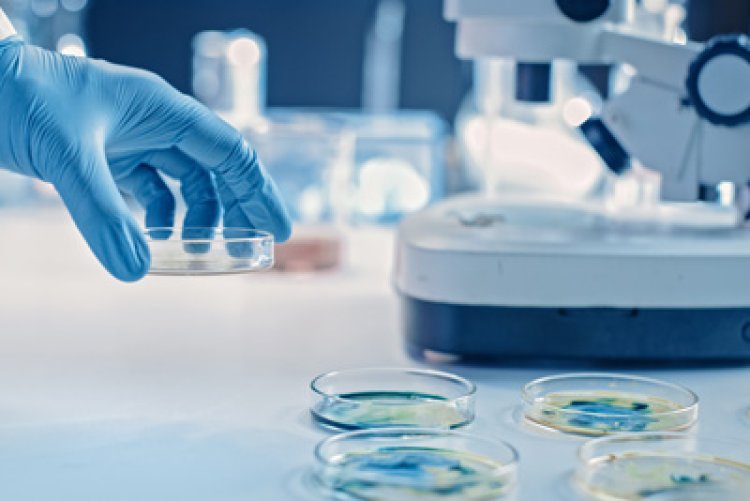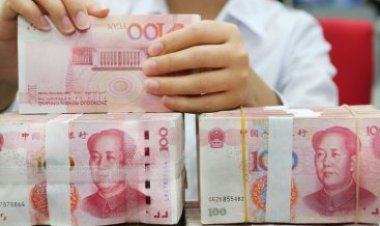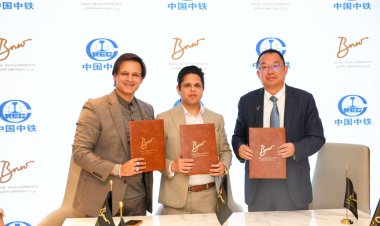Japanese Scientists Discover Key Protein That Could Help Slow Down Aging

In a groundbreaking study, Japanese researchers at Osaka University have identified a potential way to slow down the aging process right at the cellular level. Their discovery centers around a protein called AP2A1, which appears to play a crucial role in how our cells age and lose functionality over time.
The team found that as humans grow older, AP2A1 levels increase, disrupting the internal structure and performance of cells. This disruption accelerates cellular aging, leading to the familiar signs of decline associated with growing older, from reduced energy to slower repair mechanisms.
However, when scientists reduced AP2A1 levels in older cells, the results were remarkable: the cells began behaving like youthful ones again, showing improved function and vitality.
Even more promising, when combined with a compound known as IU1, a drug that enhances the body’s natural cellular cleanup process, or proteasome activity, the rejuvenation effect was significantly stronger. This combination could potentially help reverse age-related damage at the cellular level, paving the way for new anti-aging therapies in the future.
Experts say this research represents a major step forward in understanding how aging works within our cells and could lead to innovative treatments that extend healthy lifespan, not just longevity.
While the findings are still in early stages and further testing is required, the study offers a glimpse into a future where aging may one day be slowed or even partially reversed through targeted molecular therapy.
Instagram: @osaka_university























